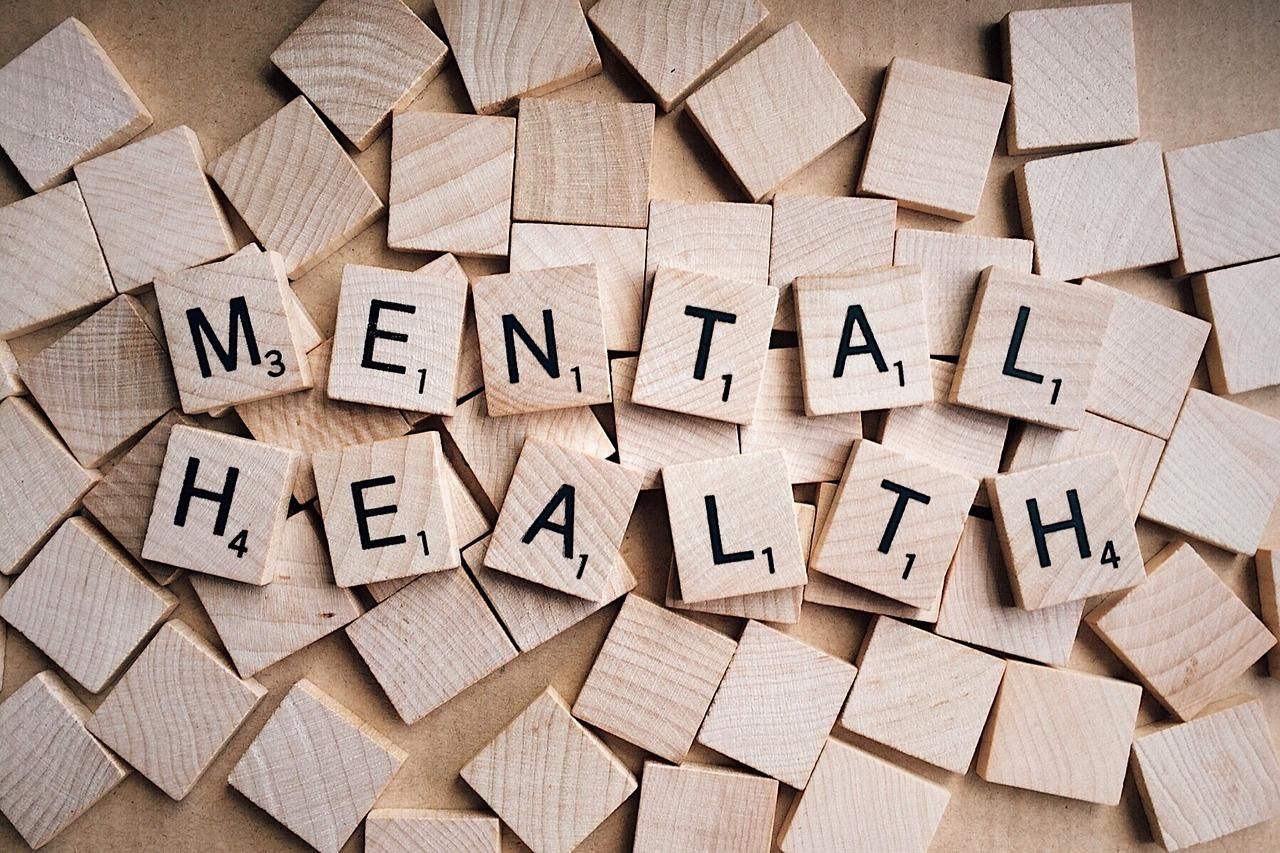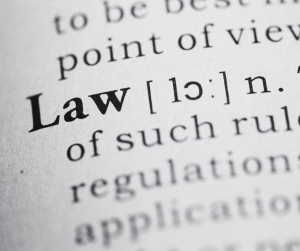The key recommendations are as follows:
1. Acknowledge the well-being issue and contribute to the culture
change.
Journalists have long been taught to be detached and impersonal observers with ‘thick skin’ and adrenalin-fuelled endurance. The industry should
recognise that this comes at a cost and acknowledge that journalists experience physical and emotional reactions to work and its conditions – often
stress, anxiety and burnout. These have been found to negatively impact their well-being, mental and physical health, job satisfaction and performance.
Evidence from across the world suggests that journalists often must deal with ill-effects of work on their own, as seeking and receiving support is yet to be normalised within the industry.
- Acknowledge that journalists face a range of occupational hazards in their line of work which often have a negative impact on their wellbeing. This does not involve only dealing with potentially traumatic events – many aspects of everyday work can be potential liabilities too, from constant pressure to meet deadlines and be always on, working long and irregular hours, facing precarious working conditions and
(online) abuse, and so on. - Acknowledge that journalists should not be left to deal with these challenges and their outcomes on their own. A holistic system should be put in place based on organisational, social, and professional support.
- Support the change in culture by joining collective efforts and pursuing evidence-based approaches which are needed to normalise these discussions, as well as develop and implement appropriate support systems.
2. Educate and train in emotional & mental health literacy.
Work-related stress can be mitigated with personal resources such as emotional intelligence, resilience, and self-efficacy, which can improve journalists’ emotional literacy and enable them to manage challenges faced in the job in healthy and sustainable ways. Mental health literacy can enable
those working in the industry to recognise, manage and support themselves and others when faced with issues that can lead to impaired mental health and well-being.
- Journalism educators, news organisations, professional associations and unions should offer training in development of personal resources to
deal with occupational hazards in the job to enable journalists to manage these with positive outcomes. This training can focus on emotional intelligence, resilience, mindfulness, active listening, mental health literacy, and so on. - Managers/supervisors in news organisations would benefit from training in emotional and mental health literacy which would enable them to
recognise, understand and adequately support their staff when experiencing ill-effects of work. - Good examples include Self-investigation’s free courses in digital wellbeing for journalists and their managers; Headlines Network’s resources
in how to manage your own mental health and support others; and Rory Peck Trust’s resilience programme for freelancers.
3. Create and deliver fair and transparent support systems within newsorganisations.
Journalists recognise that newsrooms and news organisations have changed in the past few decades towards being more attuned to well-being needs of their staff. However, issues remain. For example, Human Resources’ efforts to offer well-being support are often branded as inappropriate or not useful; supervisors are seen to offer support to ‘friends’ and ‘favourites’; and access to free counselling and therapy is inconsistent among media companies.
- News organisations should adopt the principle of equity wellness, meaning that everyone has a fair and efficient access to transparent and easy to use systems supporting their health and well-being.
- Newsroom leaders should lead by example and promote the organisational support systems in order for these to be widely known and its use institutionalised and normalised.
- Proactive check-in systems should be instituted to enable prevention and/or early detection and support with issues that might affect journalists’ well-being and mental health.
- Newsrooms should have dedicated well-being staff – trained in coaching and counselling and fully aware of the pressures that journalists face so
they can offer tailored support. It is suggested this should not be a line manager. - Support mechanisms should apply and be accessible to all journalists that produce work for the news organisation – from permanent to temporary staff; from full-time employees to freelancers.
- Journalism can learn from related industries in how to set up these systems. Good examples from Film and TV industry are Mentally healthy
productions which offer advice in how to protect staff’s well-being in all stages of the production process, as well as Film & TV Charity’s Freelancer support resources.
4. Ensure well-being practices and systems are accessible and sustainable.
In order to internalise and normalise care for their and others’ well-being,
journalists should have easily accessible information about available resources,
as well as regular opportunities to practice this care.
- Create and make accessible toolkits for journalists in different positions and in diverse forms of employment which would provide information
about their rights, employers’ obligations, expectations regarding duty of care, support contacts, networks and practices, online and physical safety recommendations, and so on. - Newsrooms should have regular briefings and debriefings, in forms of individual and collective critical reflective practice. These can help
prepare journalists for challenging aspects of work, assist them in recognising and understanding their own triggers of stress, anxiety, and burnout, offer support in their efficient management, and contribute to a collegiate and supportive culture of sharing and caring in journalism. - Intra- and inter-organisational peer support networks should be instigated, encouraged, supported, and promoted by all stakeholders in
order for social support systems, particularly peer-to-peer, to become a resource in managing journalists’ well-being. - Good practice has been observed in a young digital newsroom in Germany in which the editor has instituted a regular weekly collective
debriefing in which journalists talk through the issues they’ve faced in their work and receive emotional release and support from peers. Also,
an informal British peer support network NewsBreak holds informal online chats where journalists can engage in a critical reflective practice.
5. Build and join coalitions to support evidence-informed solutions.
Lots of work remains in raising the issue of journalists’ well-being and mental health on the agenda and creating and implementing appropriate support systems. Many stakeholders are working on this, and with a joint effort they can succeed in delivering an evidence-informed, appropriate, cost-effective, and sustainable solutions to the issue. We need researchers to identify and contextualise the scope and range of issues to be dealt with; mental health professionals working with newsrooms and professional organisations to create support systems tailored to journalists’ needs; news organisations and industry leaders acknowledging the issue and promoting appropriate solutions; trained educators to offer useful and practical training in development of personal resources; key stakeholders to secure these efforts are appropriately funded, and so on.
- Build coalitions among stakeholders which will through knowledge and expertise exchange contribute to cost-effective and evidence-informed
outcomes. - Consider open sourcing research and training materials, as well as pooling resources, so the knowledge can be widely applied and contribute to development of cost-effective support systems.
- Explore relationship among unions, businesses and political institutions and bodies in securing funding for development and implementation of
well-being support resources, particularly as these relate to freelancers and those whose employers do not yet offer adequate well-being
support. - There are many examples of robust research evidencing the scope and range of challenges impacting journalists’ well-being, including
UNESCO’s The Chilling, which provides an international view on the effects of online abuse on women journalists, and recently published Taking Care report which documents the mental health and well-being issues among media workers. European Federation of Journalists and
UNESCO are examples of organisations active in building coalitions between researchers, professional organisations, and institutions, to
create and implement resources benefiting journalists’ health and wellbeing.
For any questions, comments and suggestions, contact the project lead Dr Maja Simunjak ([email protected]).



